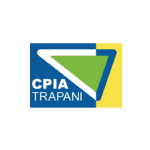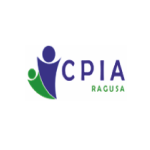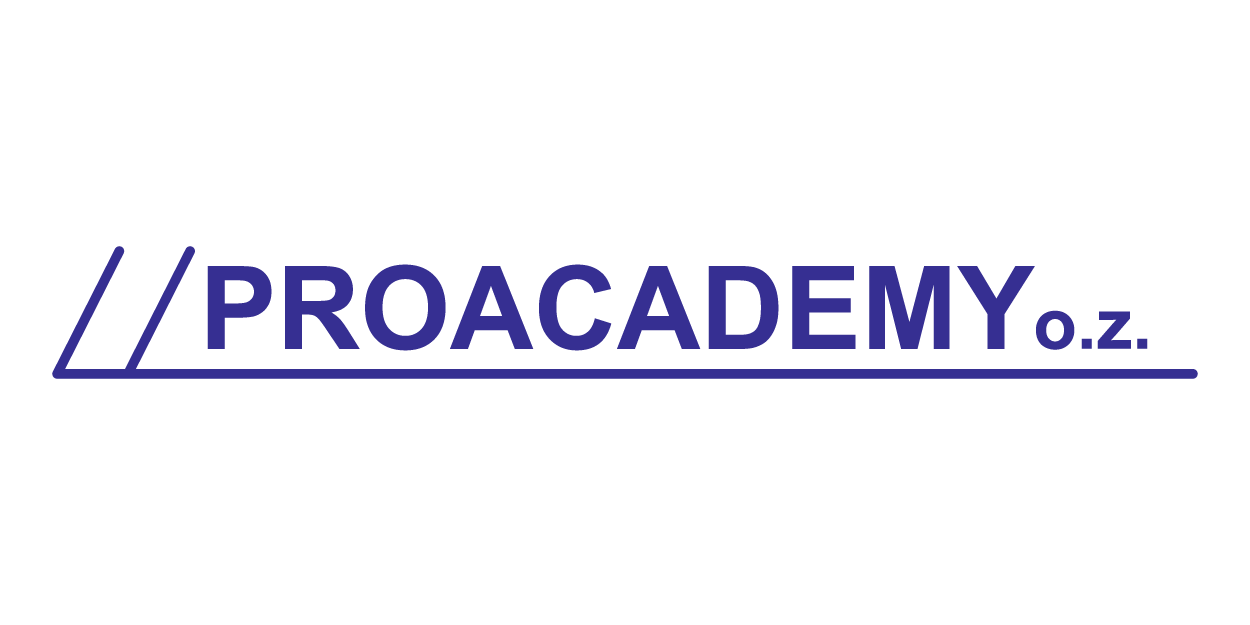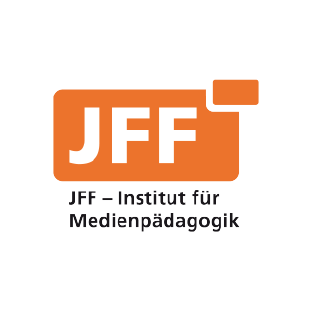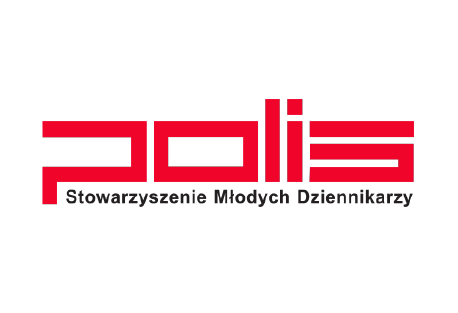The most relevant priority of this project is the research and development of innovative practices in the use of ICT in the effective teaching of Literacy to migrant adults (refugees, newly arrived migrants, asylum seekers, young adult migrants and migrant women), by testing and implementing innovative practices in the field, using participatory approaches and through the development of guidelines that are usable and useful on a European scale.
As Language learning is an inevitable step towards integration, one of the goals set by the Common Basic Principles, so are in our highly digitalized societies, digital skills. With the development of toolkits for language learning with the use of ICT and media, the project aims to develop double learning paths, which permit migrants to acquire two sets of competences which enhance their integration.
A further relevant priority of this project is the development of innovative methodologies for the integration of media and digital literacy in the education of migrant adults, fostering so social inclusion development of social, civic, intercultural competences, media literacy and critical thinking, also combating discrimination, segregation, racism, bullying and violence. The project brings together adult education institutions and institutions working in the media education field, building so synergies between formal, non-formal and informal learning, providing so powerful leverage for the effective development of media literacy and critical thinking.
In line with the “Paris Declaration” adopted in March 2015 and the Council Conclusions on Inclusion in Diversity to achieve a High Quality Education for all, adopted on January 2017, one further important objective of the project is the training and the development of E-learning training modules for teachers, educators and other teaching staff working in the field of adult education with adult migrants, and developing innovative “tools” with which to teach literacy with the innovative practices in the use of ICT and media, as well as developing media and digital literacy competences. The project foresees the assessment and extending of educators competences, developing bottom-up and collaborative pathways and activities that better prepare and deploy the education and training of professionals for equity, diversity and inclusion. A base methodology here for will be the active methodology, in Italy very appreciated for its educational attainment, of Alberto Manzi (Teacher with great experience in using television and media to promote literacy in Italy as well as in South America).




